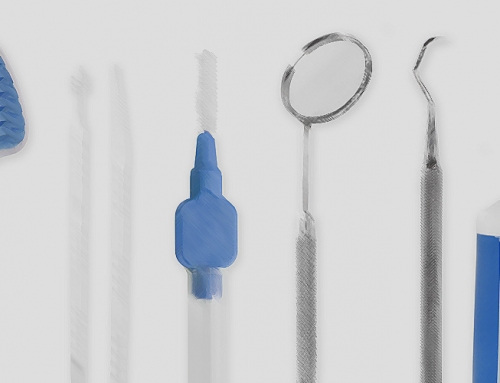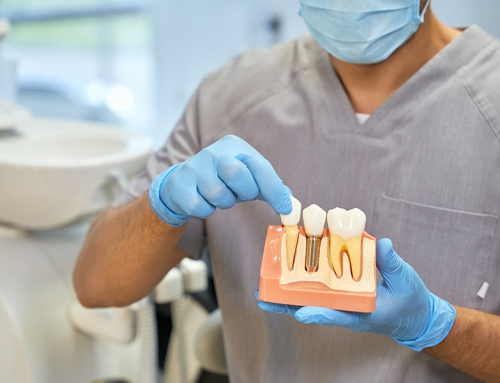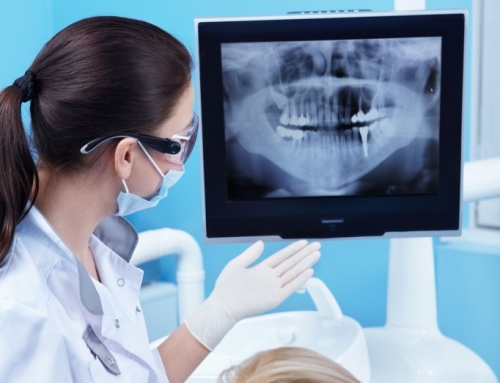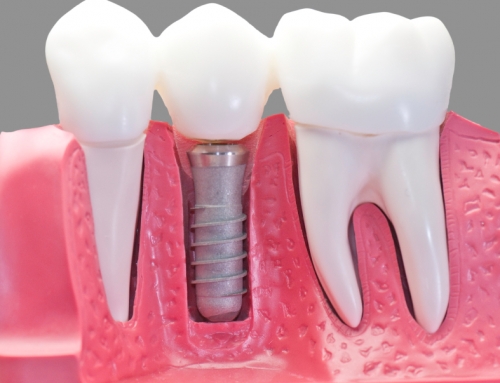Dental Crown in Katy, Texas
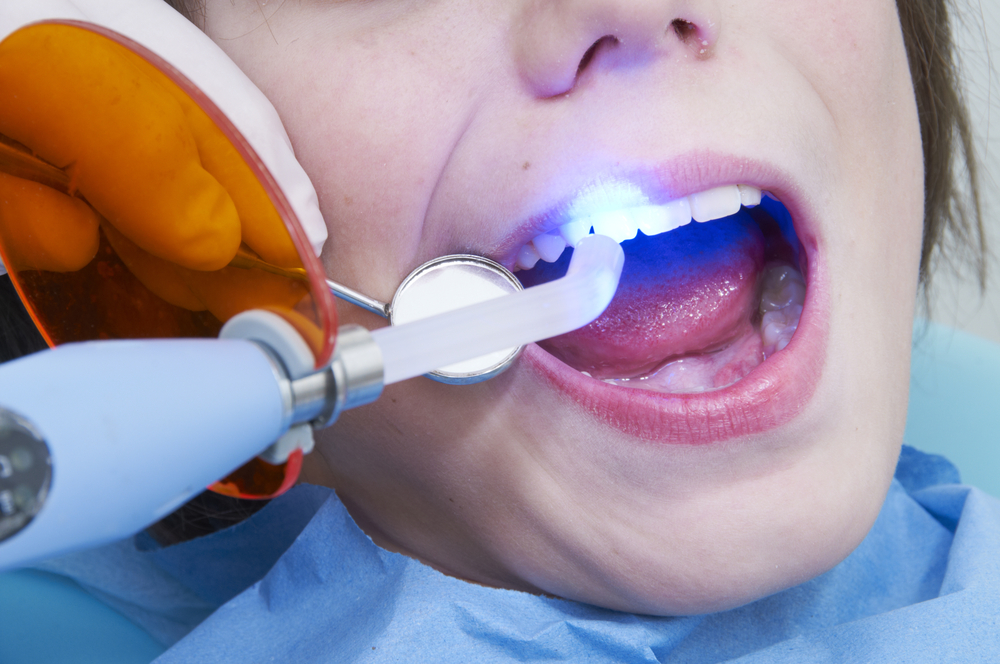
Dental crowns are one of the most common procedures that we recommend for our patients. If you are looking into restoring the function of your teeth, dental crowns maintain a pleasing and natural appearance.
What are dental crowns?
The crown of the tooth is the area of the tooth that is visible above the patient’s gums. A dental crown imitates that structure and serves as a tooth cap to cover any imperfections or damage in the tooth’s surface. Damage may have resulted from cracks, decay or previous root canals. Once in place, it can completely or partially encompass the patient’s tooth, depending on how much damage needs to be covered.
Am I a candidate for dental crowns?
Dental crowns are recommended to patients who have a damaged tooth, due to wear, decay or fracture. Oftentimes, a filling will be too large and more prone to fracture. In addition, patients who have dental implants and dental bridges can use dental crowns to hold these appliances in place. Lastly, patients who have undergone root canal can have a dental crown installed to reinforce the tooth structure. Tooth structure can lose strength after a root canal is done.
Crowns can also cosmetically correct misshapen or discolored teeth, to improve the overall appearance. Pediatric patients or children can also use dental crowns to protect their primary teeth from any further damage, to avoid premature tooth loss.
How are dental crowns made?
Crowns can be made of several different materials depending upon the desires of both the patient and doctor. They are either monolithic – meaning one solid mass, such as gold, zirconia or lithium disilicate – or layered, such porcelain fused to metal or fused to other materials. The advantages of monolithic crowns are that they tend to be stronger, while layered crowns tend to be more esthetic.
How long do dental crowns last?
Dental crowns should last anywhere from 10 or more years, often depending upon patient care. They can be prone to fracture (layered crowns much more often than monolithic crowns) and decay at the margin of the crown to the tooth. Thus, to minimize the likelihood of cavities or fracture, we recommend good home care and diet restrictions.
How is the dental crown procedure performed?
First, the tooth is anesthetized with local anesthetic to numb the tooth before your dentist lays the groundwork for the installation of your dental crown. Then, all of the decay or fractures are removed and the tooth is prepared for a crown. The duration of this procedure will depend on the extent of damage of the tooth. A dental impression will be made of your tooth and this will be provided to a dental laboratory, where your dental crown will be fabricated. You will leave with a temporary to protect the prepared surface. Once this is done, you will be called back in to the practice for the dental crown installation and given a perfect fit. Your crown will be permanently cemented into place.
How should I care for my dental crown?
You should treat your crown like a natural tooth, paying particular attention to cleaning the margins (interface) where the crown meets the tooth; this is where the recurrent decay most often occurs. In addition, you should avoid any “hard” foods (i.e. hard candy, peanut brittle or ice), which may cause you to fracture the porcelain.


